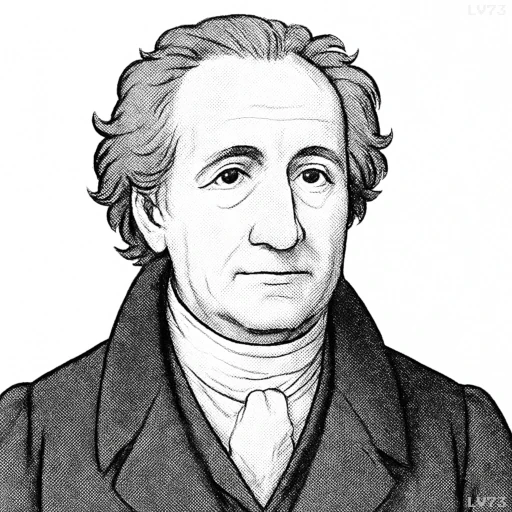“The little man is still a man.”

- August 28, 1749 – March 22, 1832
- German
- Poet, playwright, novelist, philosopher, politician
table of contents
Quote
“The little man is still a man.”
Explanation
Goethe emphasizes the inherent dignity and value of every individual, regardless of their status, achievements, or social position. Even the smallest or least recognized person still possesses the essential qualities that make them human—their thoughts, emotions, and potential. This quote reminds us that worth is not determined by external measures like wealth, power, or social standing, but by the intrinsic humanity within every person.
Historically, this idea reflects Goethe’s belief in the equality and potential of all people, aligning with Enlightenment ideas about the value of the individual. Goethe, a deeply reflective and humane thinker, understood that greatness does not reside solely in the extraordinary or celebrated, but is present in the dignity of all individuals, regardless of their external circumstances.
In modern contexts, this idea is a reminder that every person, no matter their job, background, or social role, holds intrinsic value. In a world that often places importance on achievement, wealth, or influence, it is crucial to recognize that every individual contributes to society and deserves respect. For example, a teacher, a farmer, or an artist—while perhaps not always celebrated in the public eye—still possesses immense worth, not based on their external accomplishments, but on their humanity and contribution.
Goethe’s words remind us that every person, regardless of their place in the world, is still a human being with inherent dignity, worth, and potential. This encourages us to treat others with respect and to recognize the intrinsic value in everyone we meet.
Would you like to share your impressions or related stories about this quote in the comments section?



